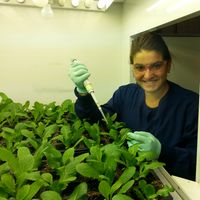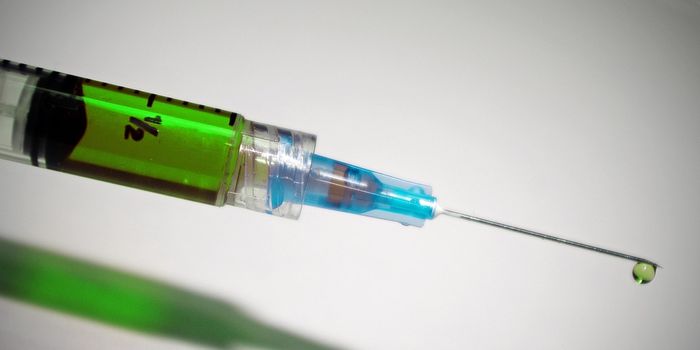The thought of aging is a scary one for many of us. If you could use science to turn back the hands of time, wouldn’t you? When we age, our cells lose the ability to function efficiently which results in a decrease in our ability to be physically active, and ultimately death. Much of the research investigating what happens to our cells as we age has involved the study of changes in gene expression in aging mammals. Specifically, these studies have identified changes in DNA transcription and translation in cells of specific organs. Transcription is the first step in gene expression in which a segment of DNA is copied to messenger RNA (mRNA) by an enzyme known as RNA polymerase. Translation is the process in which the mRNA is decoded by the ribosome within the cell to produce proteins.

On a global scale, aging organs do not undergo massive changes in terms of gene expression. Less than 5% of changes in gene expression are attributed to age. Other research has shown the majority of proteins that result in gene expression remain unchanged in relation to aging. However; tissues with low cell proliferation rates and low regeneration capacity are more vulnerable to loss of function. These types of tissues, such as the brain, contain a subset of proteins with an extremely long half-life, making them more likely to become damaged. In such tissues proteins can be modified (following the gene expression process) by altering protein structure or localization within a cell.
A group of researchers from the European Molecular Biology Laboratory in Heidelberg, Germany have quantified the alterations that occur in proteins between young and old rates in two organs, the brain and the liver, by simultaneously monitoring the levels of protein, mRNA, post-translational modifications and translation rates within a single biological specimen. Through the integration of these measurements, the research team discovered that changes in translation are the cause for changes in proteins during aging. In older animals, protein localization and phosphorylation (addition of phosphate molecules to cells) was also found to cause modifications to proteins. It was not surprising the the greatest number of changes in protein function was found in the brain compared to the liver.
This research provides a great deal of resources and insight into further research regarding the influence of aging on gene expression and protein modification. This study provides a peak at the changes that occur in the proteome at the cellular level and the organ level in old and young rats. Future studies that stems from this research may provide the key to the fountain of youth.
Sources:
Cell Systems









